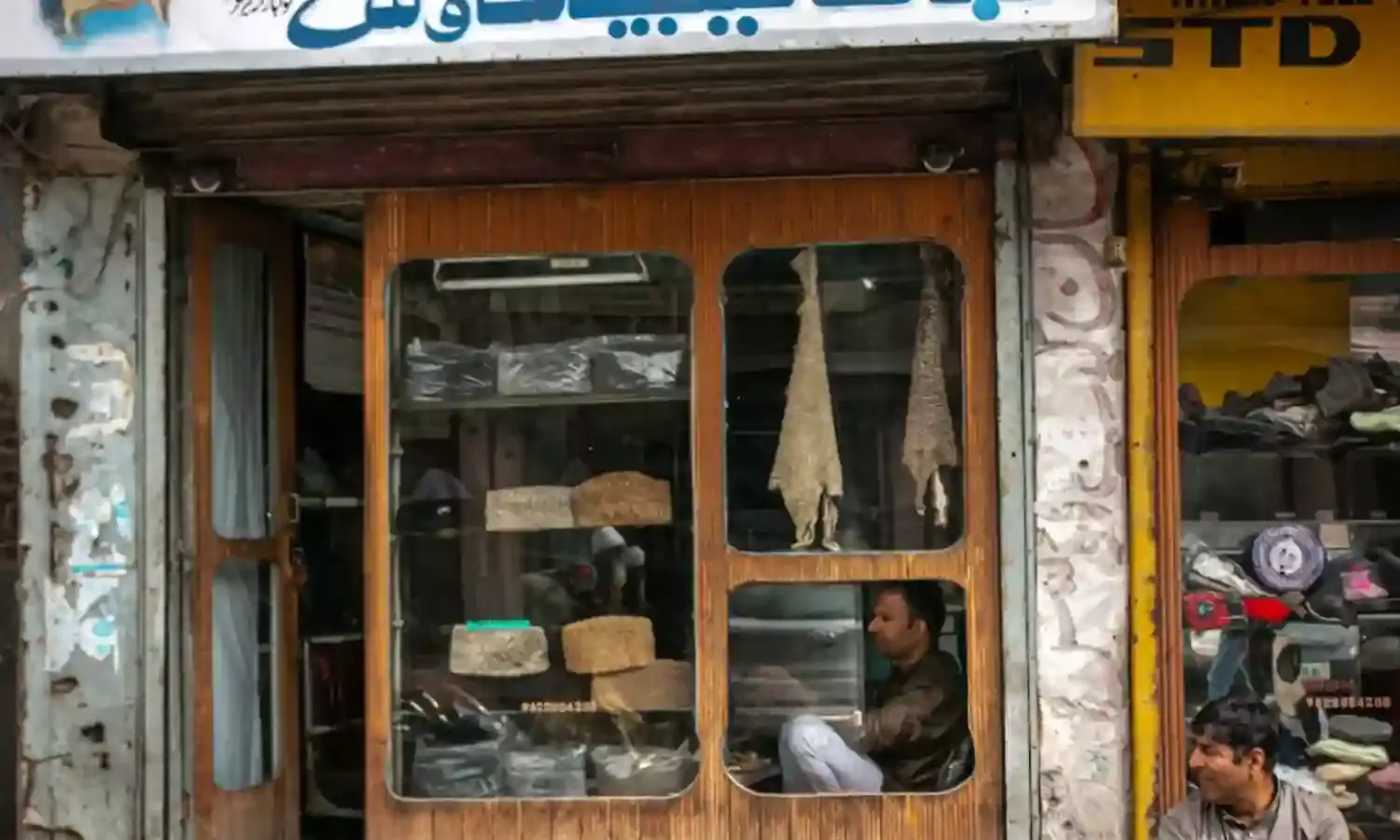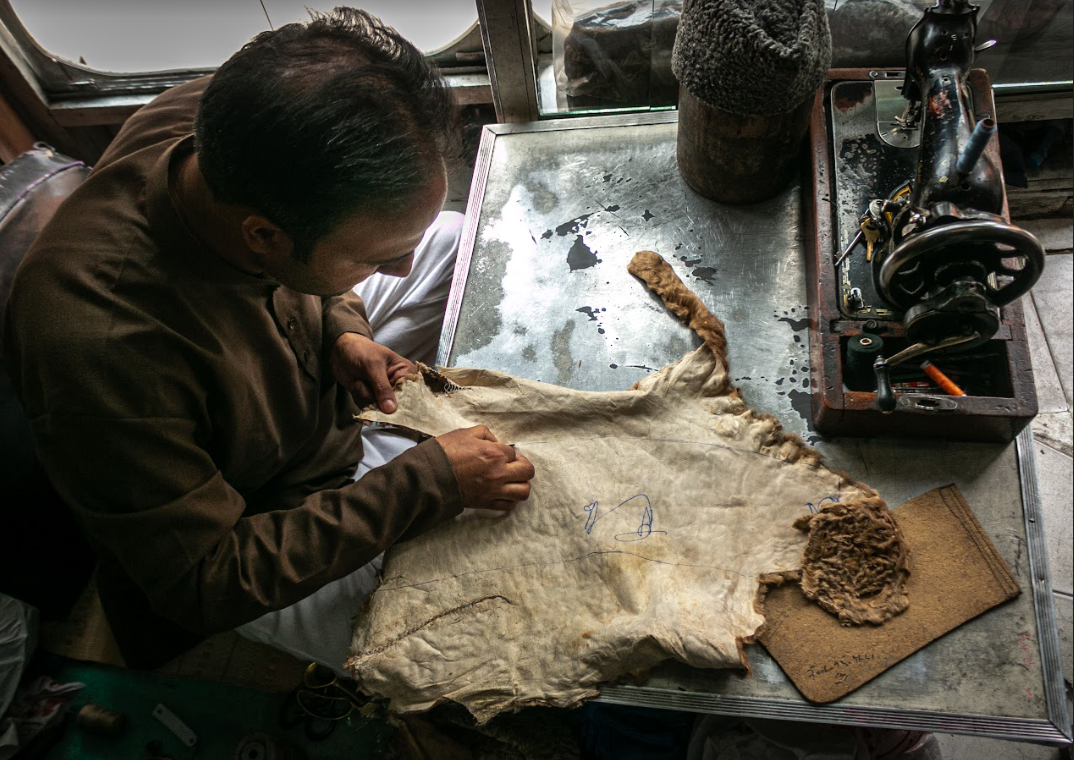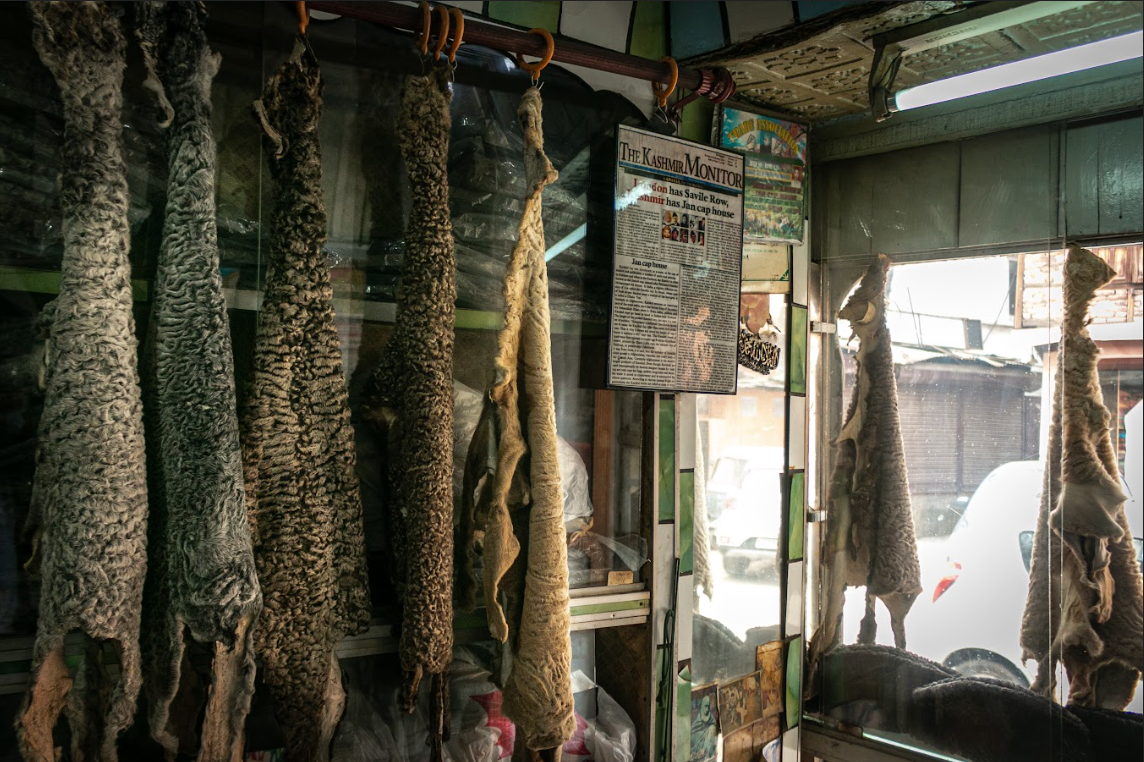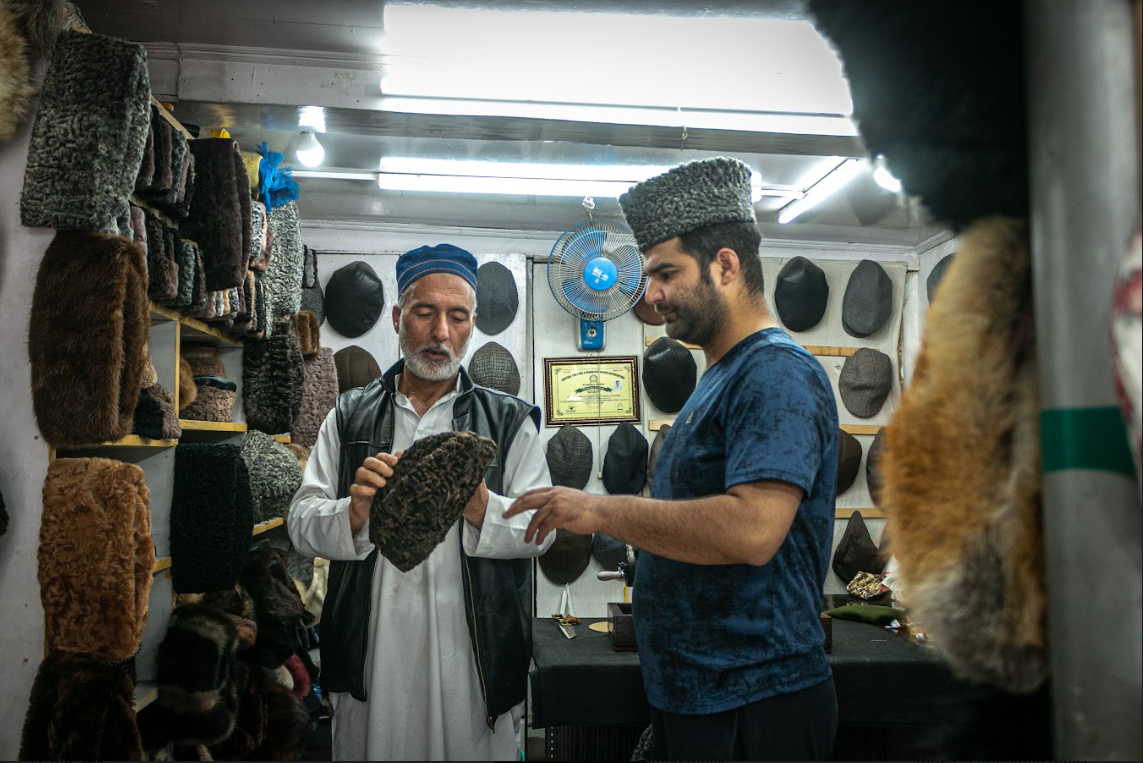Karakuli Cap, a Living Legacy
Made from the wool of the rare breed of sheep that lends it name to it

The Karakulli (or Qaraqul) Cap is made from the wool of the Qaraqul breed of sheep. The sheep are endemic to central Asia and are currently considered endangered. From one Karakuli lambskin, you can make one Karakuli cap.


Most mainstream politicians choose to wear Karakul caps as a present-day trend among Kashmiris. It is quite common for a Kashmiri groom to remove his turban and replace it with a Karakul cap when waiting at his in-law's house for his bride to arrive.
Kashmiri gentry are associated with this headgear, although it does not originate from Kashmir. It was arguably popularised by Muslim leaders in the Kashmir Valley in the 1930s/40s, and it had been pioneered by Sheikh Abdullah.
A fourth-generation Karakulli maker, Muzaffar Jan, of Nawa Bazar's Jan Cap House, at Srinagar's Nawa Bazar, explains that there are three fundamental styles of the cap. The first is the Jinnah Style, popularized by Pakistan's founding father, Ali Mohammad Jinnah. The second style is Afghan Karakul. The third style is Russian Karakul.

Karakuli fur has a soft, curly texture, velvety feel, and shiny sheen, a quality in which it stands out. It costs anywhere from Rs 5,000 to Rs 25,000 for a single cap, depending on the quality of the skin.
As one of the few surviving artisans of Karakul caps with more than 40 years of experience, Ali Mohammad says there used to be more than 900 shops in Srinagar that produced Karakulli caps in accordance with prevailing styles, but today only a few remain.
Muzaffar's grandfather made a Karakul cap for Ali Mohammad Jinnah in 1944, his father made one for Rajiv Gandhi in 1984, and he himself made two in 2014 for Indian Prime Minister Narendra Modi. Muzaffar makes caps for Farooq Abdullah, Ghulam Nabi Azad, and several other prominent personalities in politics.
I have also made Karakuli caps for numerous prominent people around the world, including the King of Oman,” Jan said.
Jan says he is happy that technology has helped him gain customers worldwide, even though the item is no longer popular
The Jinnah cap, according to Ali Mohammad, is one of the most popular caps in the Karakul family. Its popularity has grown especially amongst young people in the last few years.


